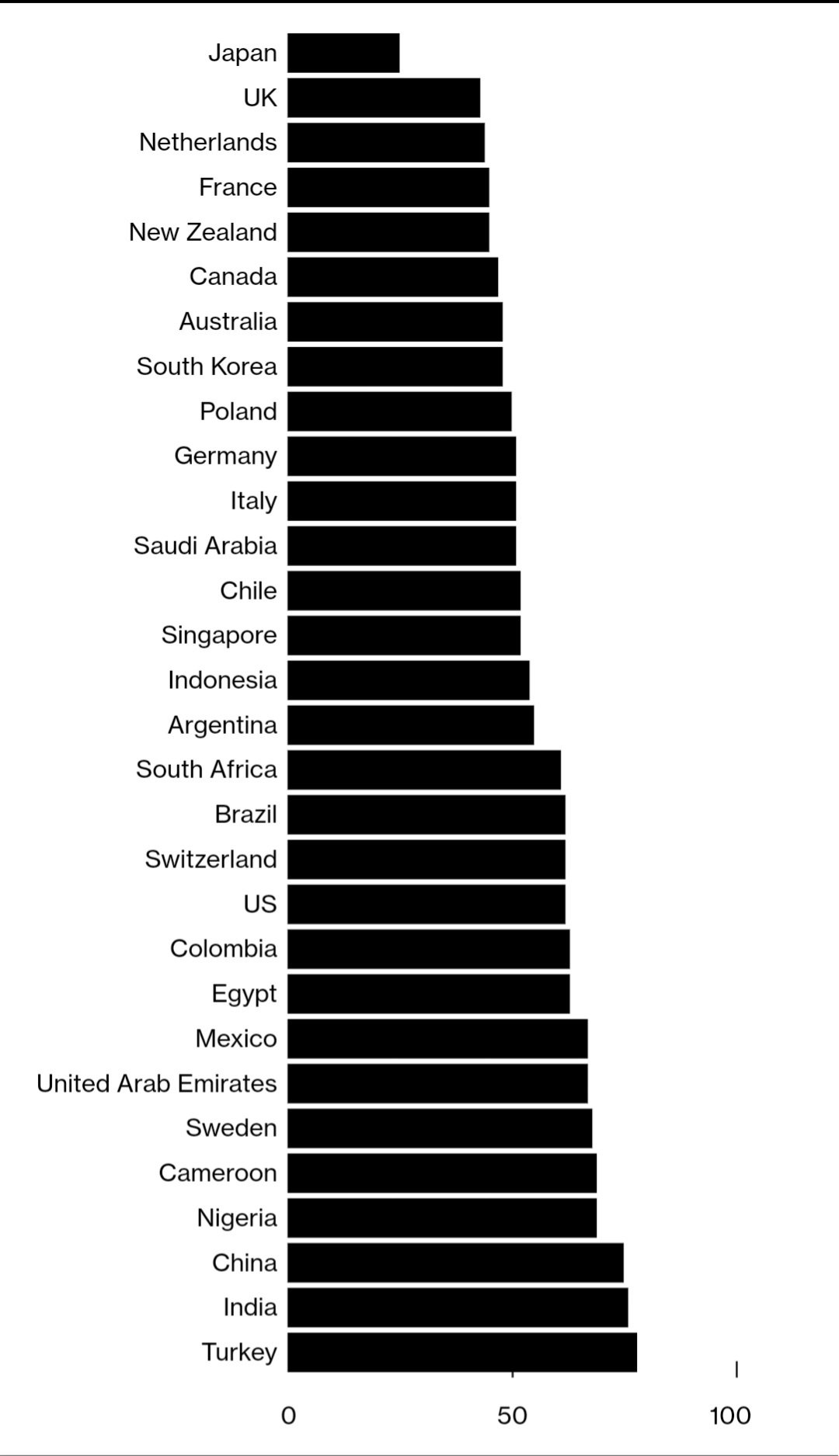

I’ve heard of Bikers Against Child Abuse that plays upon the stereotype to guard kids against their abusers and provide a protective presence as the kids testify in court 🤔


I’ve heard of Bikers Against Child Abuse that plays upon the stereotype to guard kids against their abusers and provide a protective presence as the kids testify in court 🤔


It’ll be useful. Unless you’re in maybe Oslo or Bergen, everything (signs, labels on all groceries, announcements, etc) is in Norsk and not everyone can/is willing to speak English, even Gen Y and younger.


I personally liked this video and this WSJ video about it 20 years later


This isn’t really the case in Norway (anymore?)
Here is an English summary of the government release.


If you’re looking for small cozy magic anime, I suggest trying Frieren or Banished from the Hero’s Party, I Decided to Live a Quiet Life in the Countryside. Studio Ghibli’s The Cat Returns is also a good movie to watch 😊
Here’s a Covid-era livestream if you decide not to go 😆


How benevolent 😒
Penguin Parade at Phillip Island might be a bit far (you’ll need a car) but I think it’s worth visiting. The Little Penguin subspecies is only found around southern Australia, Tassie and maybe New Zealand ☺
Here’s an article on it.


Maybe because it’s been overwritten by the brutality of Israel’s latest massacres? 🤨


Norway isn’t in the study though? 🤨
Anyway as someone living in Norway, I can say that being one of the “happiest countries in the world” is very easy to achieve when a large percentage of the population has low standards from poor global exposure.
Working hours, worker protections and safety nets can be good indicators. While I don’t really trust McKinsey, I can say that “employee well-being” is more than these measures. In this survey, they looked at physical, mental, social and spiritual health. I’d guess that if Norway was included, they would actually do pretty badly.
Our health system - for both physical and mental health - is failing very badly (it’s also not free, not even all that cheap by the way.) I say this as someone who has used the system, have friends and family who have used it, and have friends working in both sectors. Immigrant friends and colleagues, some from third-world countries, return home when they need anything relating to health rather than rely on the local system. There is also a growing medical tourism industry, where people travel to places like Poland and Romania.
Social health is also probably low-ranking, especially for immigrant employees. Language and the culture of social exclusion by locals are large barriers to entry. A different survey has actually shown Norway ranking last in expat happiness/desirability.
Ultimately, all countries have their good and bad sides. I guess I just wanted to provide some insight into the misconceptions of Norway people generally have.


Behind the Bloomberg paywall:
Japan came in last in a global ranking of employees’ well being, measured by assessing physical, mental, social and spiritual health, the results of a survey conducted by McKinsey Health Institute showed. The island nation scored 25% in the poll of more than 30,000 workers across 30 countries, according to the study released on Thursday. Turkey was highest at 78%, followed by 76% for India and 75% for China. The global average was 57%.
(Graph in the article had no axis labels 🤷♀️)

Although Japanese businesses have built a reputation for offering lifetime employment and job security, it also means employees can find it hard to change jobs if they aren’t happy. Japan consistently has had low ratings in international surveys and the results reflect it, according to Rochelle Kopp, who advises companies on cross-cultural communications and business practices.
“There’s this documented tendency to rate yourself low,” said Kopp, who is also a board member of MS&AD Insurance Group Holdings Inc.“There are significant issues in Japan with lack of satisfaction in the workplace, with significant levels of stress.” At the same time, an increasing number of Japanese workers are on short-term contracts, fueling uncertainty, she added.
According to the McKinsey survey, employees who had positive work experiences reported better holistic health, are more innovative at work and show higher job performance.
“For most adults, the majority of waking daily life is spent at work,” the report’s authors wrote. “That offers employers an opportunity to influence their employees’ physical, mental, social, and spiritual health.”
Full McKinsey study here


I’m living in Europe now and would like to share my experience with this:
When you proceed to pay, the machines here have 2 options side by side on the screen for you to select how you want to pay - cash at the counter or card at the machine. So I’m quite surprised that your machines work differently
Quite a few European countries actually still rely heavily on cash to the point of cash-only for a lot of shops, for example in Germany and Italy
Besides your list, one other advantage I found was being able to order overseas when the locals didn’t speak English at all and I couldn’t read the menu. In Norway, there’s an option to select English or Norsk. In Poland where I went, there wasn’t a choice but it didn’t matter because the menu is mostly universal so the pictures were sufficient


Maybe there was a picture of bears on the packaging and it thought that meant pet food for bears lol
Could it be that the places you’re looking at are the most popular destinations of French tourists? 🤔


On June 5th this year, the Nishinomiya Labor Standards Inspection Office approved the family’s claim and officially recognized Shingo’s suicide as a work accident. Recognition of suicide as a work accident allows the surviving family to receive compensation and claim damages.
Konan Medical Center compensated the Takashima family by paying them the amount of money Shingo would have received for working 207 hours and 50 minutes of overtime in the one month prior to his death.
The “compensation” is his earned overtime back pay?? Is that it, or am I missing something?
Lofoten?